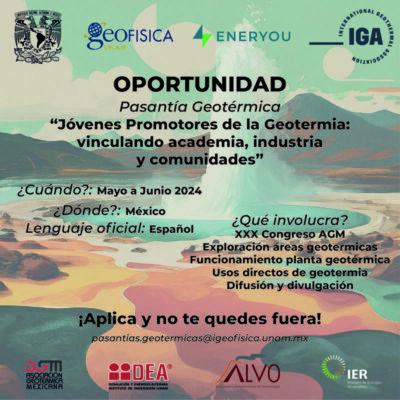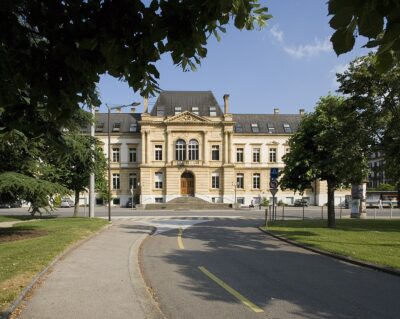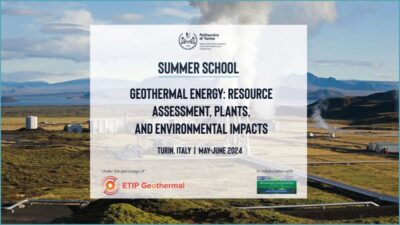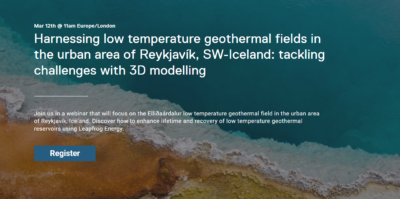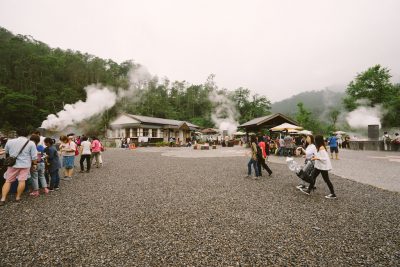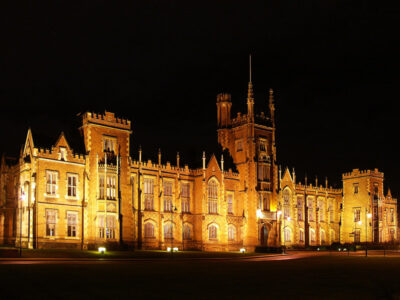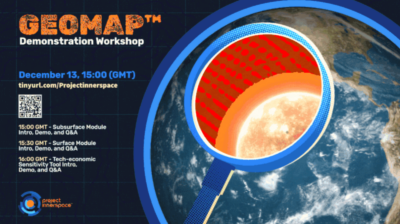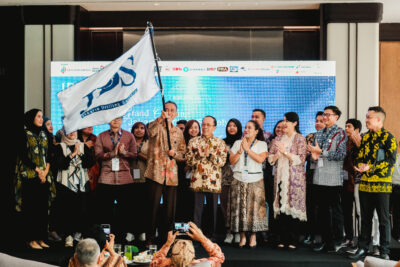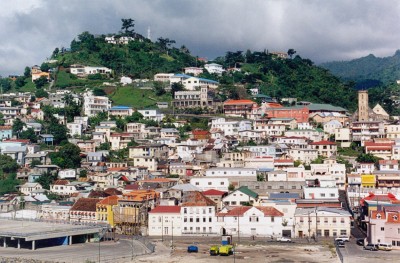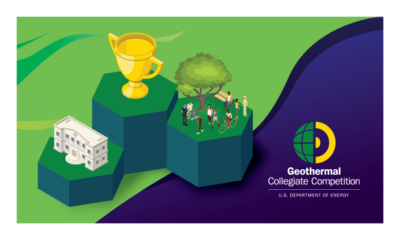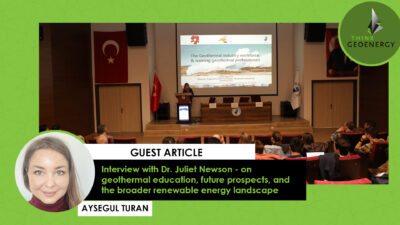Centre for Geothermal Systems Research established in Calgary, Canada
The Energi Simulation Centre for Geothermal Systems Research at the University of Calgary in Canada will support, expand, and develop new projects in the geothermal space.
Canada-based not-for-profit organization Energi Simulation has established the Energi Simulation Centre for Geothermal Systems Research at the Schulich School of Engineering in the University of Calgary, Canada. The Centre will support, expand, and develop new projects in the broader geothermal systems space, including projects in exploration and characterization, thermal characterization, thermal energy end uses, social license and policy.
The investment from Energi Simulation totaling CAD 1 million over the next five years builds on the vision of “Geothermal Anywhere.” As the first multidisciplinary collaboration between Engineering, Law and Sciences focusing on geothermal energy in Canada, and one of the first in North America, the Energi Simulation Centre for Geothermal Systems Research at the University of Calgary is poised to be a key player in geothermal research and development for the foreseeable future. The centre would help open research to the broader community through an open-source mandate, and would ensure Energi Simulation is a key partner in the energy transition.
Dr. Roman Shor, an Associate Professor in the Department of Chemical and Petroleum Engineering at the Schulich School of Engineering, has been designated as the Energi Simulation Industrial Research Chair in Geothermal Systems. Dr. Shor’s research focuses on drillstring dynamics and drilling mechanics modelling, integration of real-time and reduced-order models in geothermal reservoir modelling, and integration into the geothermal project development, execution and long-term operations workflow.
The contribution from Energi Simulation will provide direct funding for one post-doctoral fellow, two PhD students and one MSc student while the complete research program, under the Energi Simulation Centre for Geothermal Systems Research, will consist of 26 students (16 PhD and 10 MSc, four postdoctoral fellows and two research associates), co-supervised by a team of 10 faculty members from four faculties at the University of Calgary.
The broad research focuses of the Energi Simulation Centre for Geothermal Systems Research are grouped into the following six broad research themes.
- Exploration Geology and Geophysics: Improving the understanding of the base geology and geochemistry of potential geothermal targets and the effects on seismicity.
- Thermal and Fluid Flows in Reservoirs: For open- and closed-loop geothermal systems, an understanding of conductive and convective heat flows, at pore and reservoir scale, in metamorphic and igneous rock is critical for optimal system operations and system design.
- Drilling and Well Designs: Design and drilling of new wells and re-use of existing infrastructure to access geothermal reservoirs economically and effectively.
- Thermodynamics and Energy Conversions: Thermal energy may be used and harvested from a variety of temperature ranges, and efficient systems rely on a combination of technologies.
- Sustainability, Social License, and Indigenous Perspectives: Widespread acceptance and adoption of geothermal technologies relies not only on an effective engineering solution but also on integration of societal acceptance and needs.
- Geothermal Policy and Law: Extraction of thermal energy from the subsurface requires updated policy and regulation, both to reduce risk to developers, operators, and the government and to increase benefit to society.
These themes were presented and refined during and industry engagement workshop in May 2021 with the attendance of 17 companies and government bodies and revisited in May 2022 with over 120 attendees representing over 70 companies, government bodies and institutions.
The Energi Simulation Centre for Geothermal Systems Research is expected to train at least 2 research associates, 4 postdoctoral fellows, 16 PhD students, and 10 MSc students on an annual basis for the next five years, while raising over $5,000,000 CAD of matching funds from industry and government, establishing it as Canada’s premier research centre for geothermal systems.
Source: Energi Simulation







